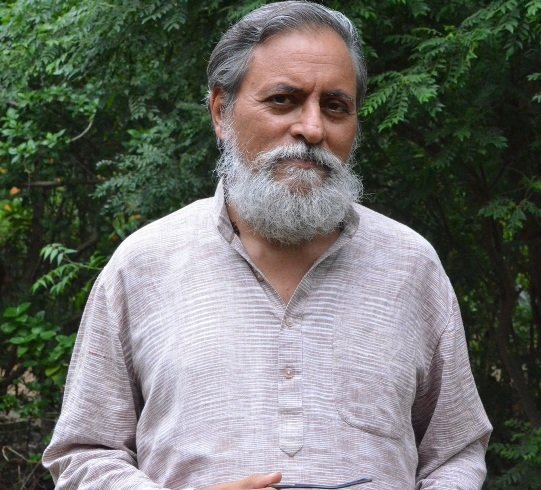We need to set our own benchmarks: Prof Anil Gupta
April 14, 2014 | Monday | News | By Rahul Koul Koul
We need to set our own benchmarks: Prof Anil Gupta
Prof Anil Kumar Gupta teaches at the Indian Institute of Management, Ahmedabad. He is also the founder of Honey Bee Network and holds the executive vice chair of the National Innovation Foundation
In his address at the recently held Biotechnology Industry Research Assistance Council (BIRAC's) foundation day event, Prof. Anil Gupta mentioned that the reverse mentoring and fast clearances of proposals apart from creating knowledge networks will help in fostering innovation and subsequent expansion of the industry.
"When we were discussing about BIRAC in initial phases, there was apprehension but now that has been proved otherwise. We should be proud of BIRAC's achievements in short time," said Prof. Gupta who teaches in the Centre for Management in Agriculture at Indian Institute of Management, Ahmedabad.
Adding further, he said, "I spoke to the S&T minister for national innovation fund to be used for early stage enterprise. I had to lobby as it was entitled only for the companies. There were 210 companies but now we have 150 start-ups in just two years."
"I have been hearing that the task is big and at this pace it will take lot of time. But we can implement certain steps to ensure the fast pace. Generally it takes 4-6 months to clear proposals but I feel that it must be reduced and 30 days are enough. 1500 new enterprises should be the target. Knowledge Network Centres can be the reference points for the companies to help them to future," mentioned Prof Gupta about the industry expansion.
Giving reference to Indian independence days, Prof Gupta talked about Mahatma Gandhi who even in those days created a committee to redesign the charkha in 1959. "Reverse mentoring too can be a way out as we can talk to the young people for an honest feedback. Bright students can be brought together for discussion. Mission of harnessing the biotech potential of under-utilized resources, is very important."
He added further, "Decrying the regulatory systems will not help but we need to open a dialogue. We need to have a programme for DCGI to train them."
"We can create our own model and set our own benchmarks," concluded Prof. Gupta.









